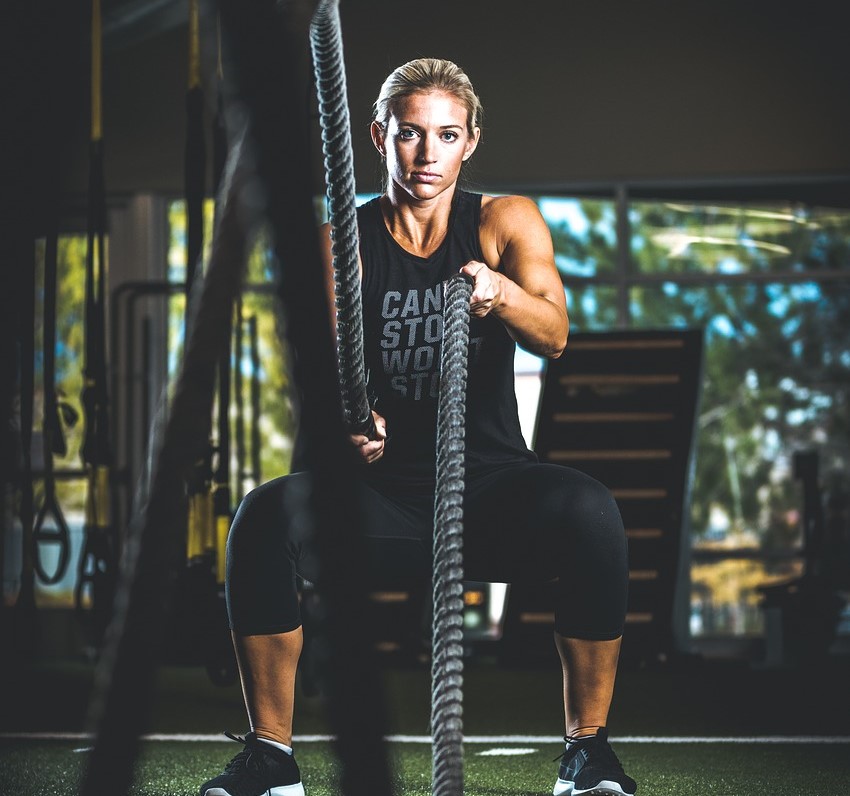
Otautahi – New research shows why people live longer are most likely to be more physically active.
A team of researchers from Harvard University have had their study published in PNAS. The study uses evolutionary and biomedical evidence showing that people, who evolved to live many decades after they stopped reproducing, also evolved to be relatively active in their later years.
The researchers say that physical activity later in life shifts energy away from processes that can compromise health and toward mechanisms in the body that extend it.
ExerciseNZ chief executive Richard Beddie says the exercise industry always knew physical activity was excellent for people’s longevity, but now they know why because of this research.
“The Harvard researchers have done their work. They hypothesise that people evolved to remain physically active as they age and in doing so to allocate energy to physiological processes that slow the body’s gradual deterioration over the years.
“This guards against chronic illnesses such as cardiovascular disease, type 2 diabetes, and even some cancers.
“The researchers say as people get older, it becomes even more important to stay physically active.
“Their paper is the first detailed evolutionary explanation for why lack of physical activity as humans age increases disease risk and reduces longevity.
“The body’s response to physical damage, however, is essentially to build back stronger.
“This includes repairing tears in muscle fibres, repairing cartilage damage, and healing microfractures.
“The response also causes the release of exercise-related antioxidants and anti-inflammatories and enhances blood flow. In the absence of physical activity, these responses are activated less,” Beddie says.
The cellular and DNA repair processes have been shown to lower the risk of diabetes, obesity, cancer, osteoporosis, Alzheimer’s and depression.
People must choose to exercise, that is do voluntary physical activity for the sake of health and fitness.
Physical activity levels have been decreasing worldwide as machines and technology replace human labour.
The researchers’ advice is for people to do something and to try to make it enjoyable so will keep it up.
Even small amounts of physical activity—just 10 or 20 minutes a day —substantially lower the risk of mortality.
Beddie says the World Health Organisation recommends that children and adolescents aged five to 17years should do at least 60 minutes of moderate to vigorous-intensity physical activity daily.
“Physical activity of amounts greater than 60 minutes daily will provide additional health benefits. Adults aged 18 to 64 years should do at least 150 minutes of moderate-intensity physical activity throughout the week, or at least 75 minutes of vigorous-intensity physical activity every week.
“But the key is start somewhere, once a week for 30 minutes is better than no exercise,” he says.
For further information contact Make Lemonade NZ editor-in-chief Kip Brook on 0275 030188



